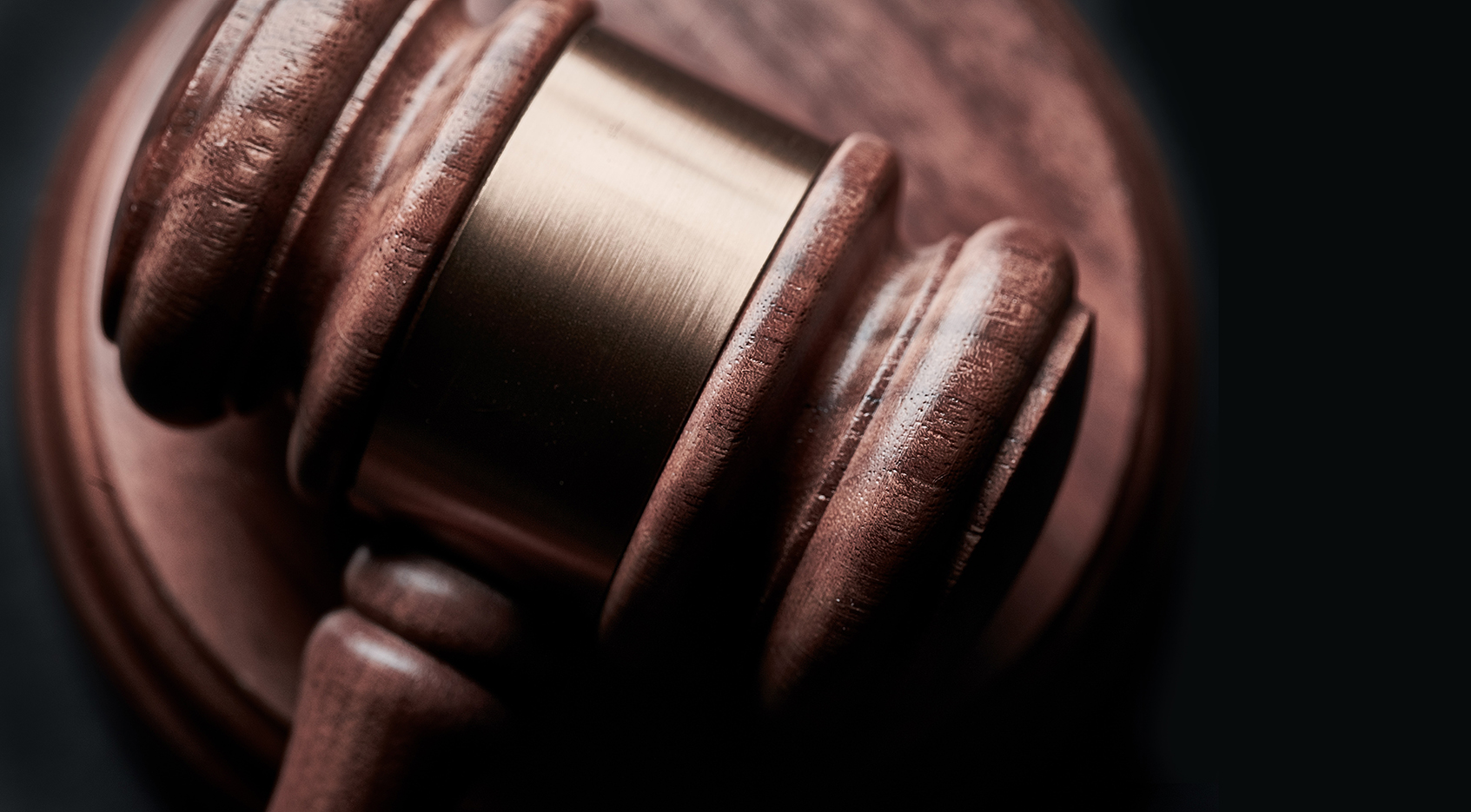Web accessibility legislation: we “someday” have to do something with that is no longer enough
- September 17, 2020
- 3 minutes

Web accessibility is no longer something you “someday need to think about”. It’s time to act now. In the Netherlands alone, there are 4.5 million people who currently have difficulty using and understanding the web. This is becoming a growing problem now that so much of our lives take place online. Just think about what you use the internet for. Shopping, arranging government affairs, looking up information, keeping in touch with others … People with challenges also want to do these things. That is why it is important that everyone can participate fully online. The government thinks so too. That is why there is legislation around web accessibility. For example, from September 23 this year, all websites of government agencies must comply with the technical guidelines of WCAG 2.1 by law.
UN Convention on the rights of persons with disabilities
The UN Convention on the rights of persons with disabilities states that people with challenges must be able to participate fully in society. The Netherlands has signed this treaty. As a result, we have pledged to guarantee the equal treatment of people with challenges in our law.
Wet gelijke behandeling op grond van handicap of chronische ziekte (Wgbh/cz)
This Dutch law states that people with challenges should be able to participate just like anyone else. The main points from this law:
- No direct or indirect distinction may be made between people with or without challenges. An example of an indirect distinction: an organization forbids bringing a dog, while someone with a challenge is dependent on it.
- In many cases, people with challenges can ask for an “effective adjustment”. An adjustment is then made for an individual case. This request must be reasonable and can be declined if it costs a disproportionate amount of money and / or time to make the adjustment.
- A general standard for accessibility has existed since 2017. This means that organizations must make what they offer accessible. This also applies to digital goods and services. Again, this is only necessary if it does not cost a disproportionate amount of money and / or time.
Does a website or app not comply with this law? Then you can file a case with The Netherlands Institute for Human Rights.
European Accessibility Act
The European Accessibility Act is a directive for all member states of the European Union. It aims that important services and products are accessible to people with challenges. This includes:
- Ticket and check-in machines
- ATMs
- Banking services
- PCs and operating systems
- Smartphones, tablets and TV equipment
- E-books
- Passenger transport services (airplane, bus, train and boat)
- E-commerce services
Another important goal is to equalize the accessibility requirements of the different EU countries. This makes the accessibility issue easier for organizations that operate internationally.
Tijdelijk besluit digitale toegankelijkheid overheid
The European directive mainly specifies what must be accessible, but does not provide any technical solutions. This allows Member States to give their own interpretation. The Dutch government has translated this into a legal obligation via the Tijdelijk besluit digitale toegankelijkheid overheid.
This Decree stipulates that government websites and (mobile) apps must be accessible to everyone. These will soon have to comply with the technical guidelines of the WCAG 2.1. Government agencies are also required to create and publish an accessibility statement for all their websites and apps. This contains all the measures that the organization takes to make and keep their website or app accessible. This must also include a schedule.
Compliance with the Dutch law is made mandatory in phases:
- All websites that were published before September 23, 2018 must comply by September 23, 2020 at the latest.
- Websites that were published from September 23, 2018 already needed to comply in 2019.
- Mobile applications must comply by June 23, 2021 at the latest.
Avoid legal problems
The above legislation is sufficient for citizens to hold you liable if your website is not accessible. At the moment, there is no strict maintenance, but this will change in the coming years. So we repeat it again: it is time for action!
Would you like to know more about this legislation and how you can comply with it? We are happy to help you